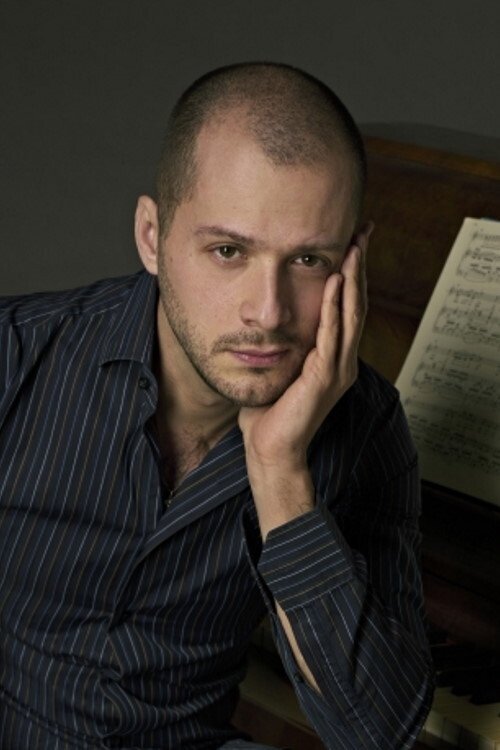
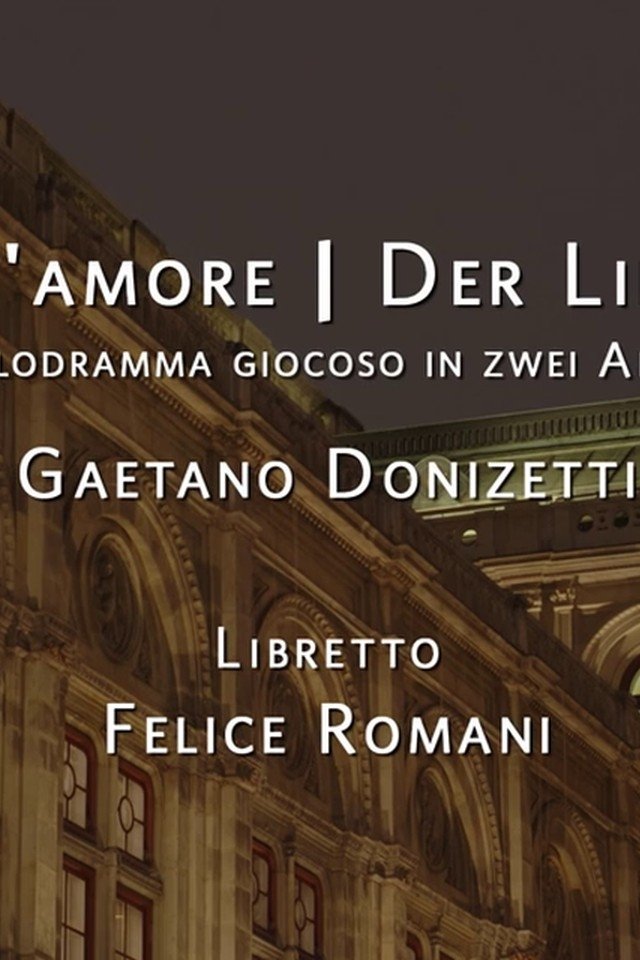
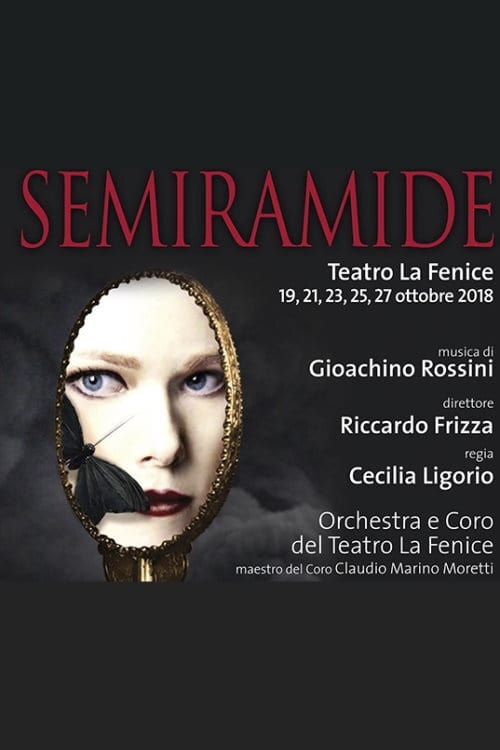
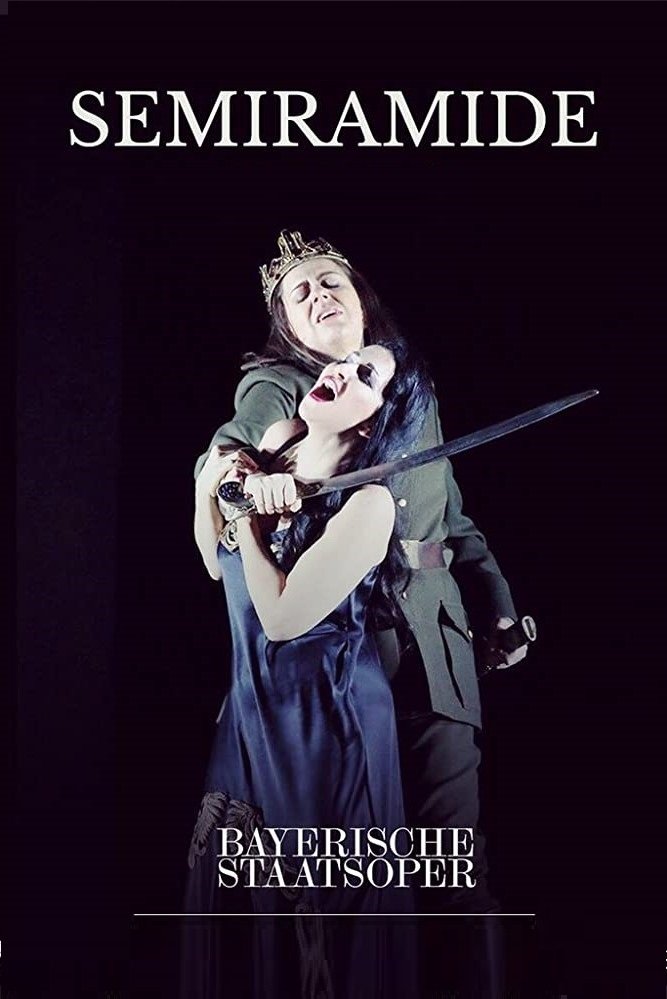
Queen Semiramide is haunted by the ghosts of her past. Together with her lover Assur, she once murdered her husband King Nino; a deed which ever since has weighed heavily upon her. With her marriage to Arsace, she hopes her soul will at last find solace. Her love, however, is misplaced. Arsace not only loves another, he is also, as is later revealed, the son Semiramide and Nino believed to be dead. He is faced with a decision: should he avenge the death of his father – and thus become his mother's killer?
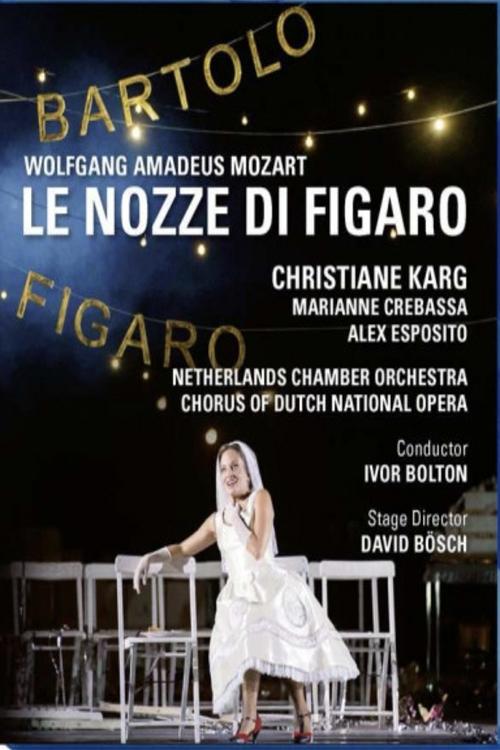
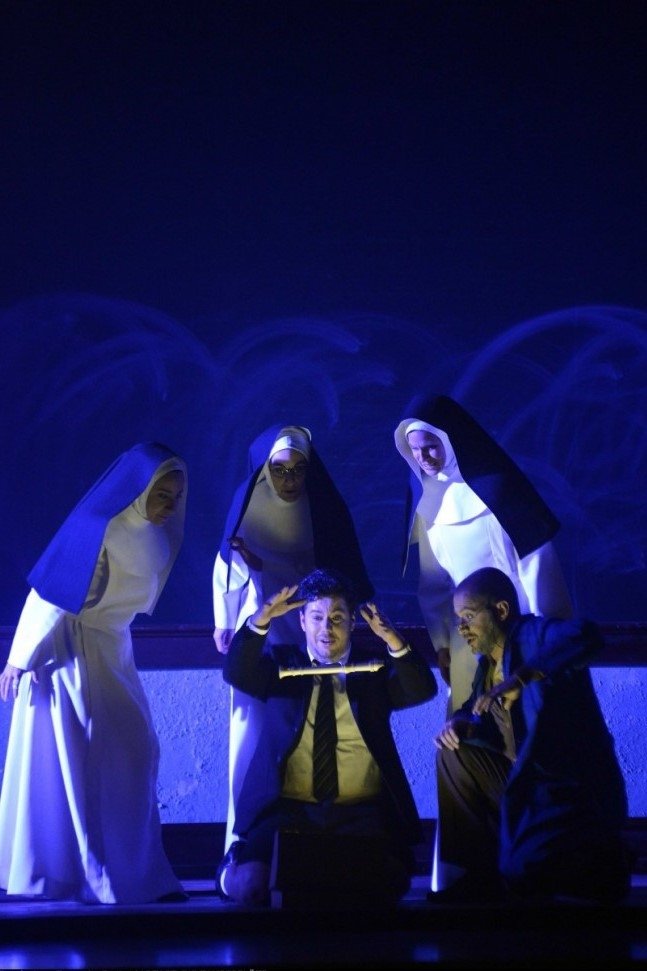
An esoteric fairy-tale, a mystical-dreamlike tale, and a symbolic-Masonic course: No matter which perspective you consider it from, The Magic Flute will always be one of Mozart’s undisputed masterpieces. Amidst exotic, fanciful settings and cruel trials to conquer knowledge, amidst musical enchantment and threatening hostile forces, is the final victory of good over evil and love over hate. Singspiel in two acts to a libretto by Emanuel Schikaneder, the Zauberflöte is one of the Salzburg genius’ last masterpieces, which he probably began composing in May 1791, not even six months before his death. The opera had its debut in Vienna on 30 September 1791, conducted by the composer himself and with Schikaneder as Papageno.

The impulsive and charismatic Don Giovanni travels through Europe seducing women, accompanied by his long-suffering servant Leporello. But when Don Giovanni commits murder, he unleashes a dark power beyond his control. Kasper Holten’s production is rich in both colourful comedy and exhilarating drama. Set designs by Es Devlin (Les Troyens) and costume designs by Anja Vang Kragh (Stella McCartney, John Galliano for Christian Dior), with video projections by Luke Halls and choreography by Signe Fabricius, portray the visually entrancing world of Don Giovanni. At the heart of the production are the beauty and invention of Mozart’s dazzling score, which ranges from gorgeous arias and dramatic duets to the brilliant layering of dance melodies that bring Act I to a virtuoso close.
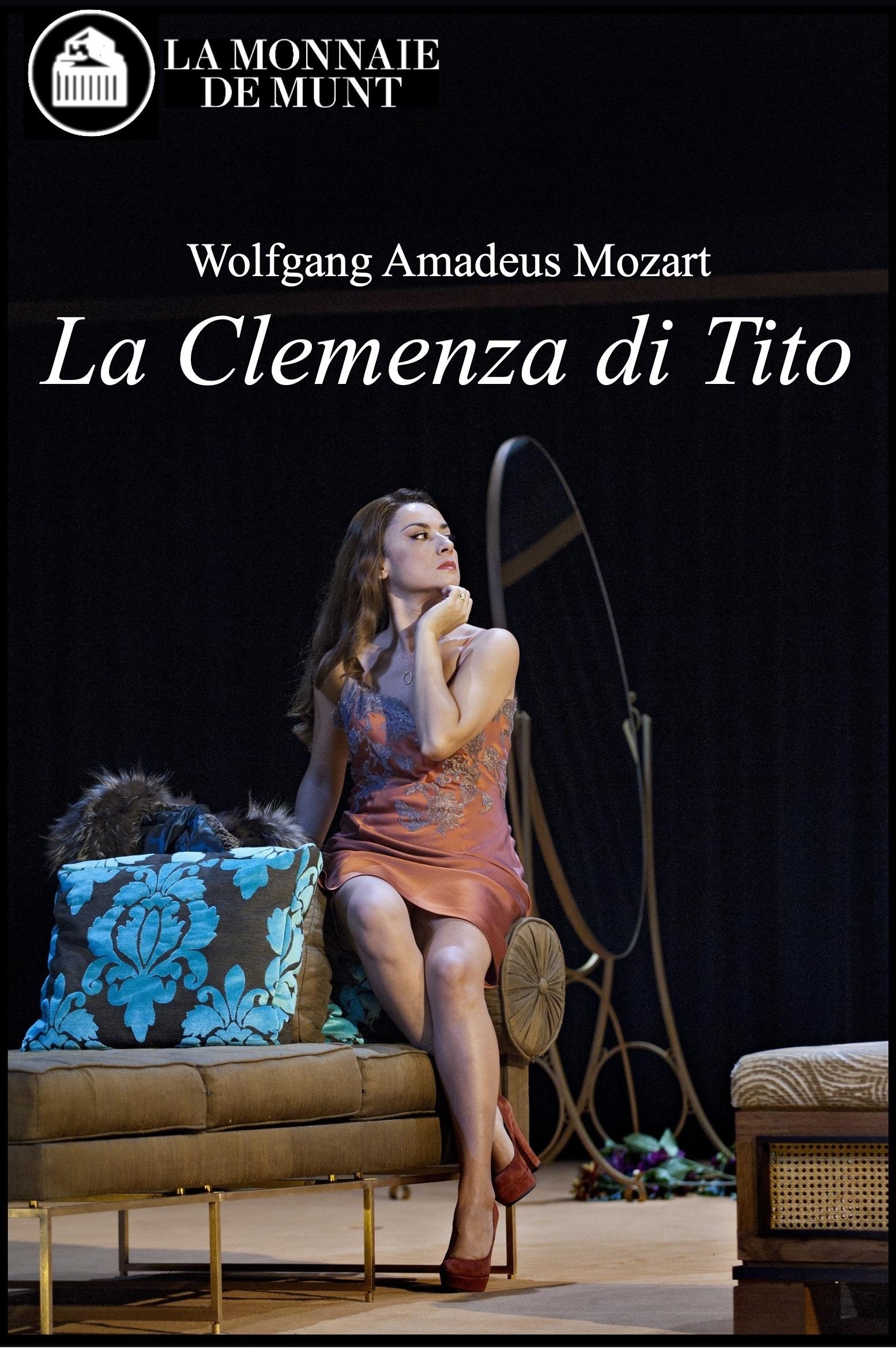
Rome, 79 AD. The emperor Titus narrowly escapes the attack his best friend Sextus has plotted against him under pressure from his beloved Vitellia. Titus is faced with the heartrending choice of following his feelings and granting his friend clemency, or following his reason and condemning him. In La Clemenza di Tito Mozart returned to opera seria just a few months before his death. He had not worked in this genre since Idomeneo. For a long time this work, quite unjustifiably, remained in the shadow of his other great masterpieces, despite the fact that much of the music he wrote for this work is among the best in his oeuvre. Having previously staged Idomeneo, Ivo van Hove, now together with Ludovic Morlot, is presenting a new interpretation that will undoubtedly do full justice to the everlasting topicality, powerful drama and musical splendour of this mixture of friendship and revenge, passion and politics.
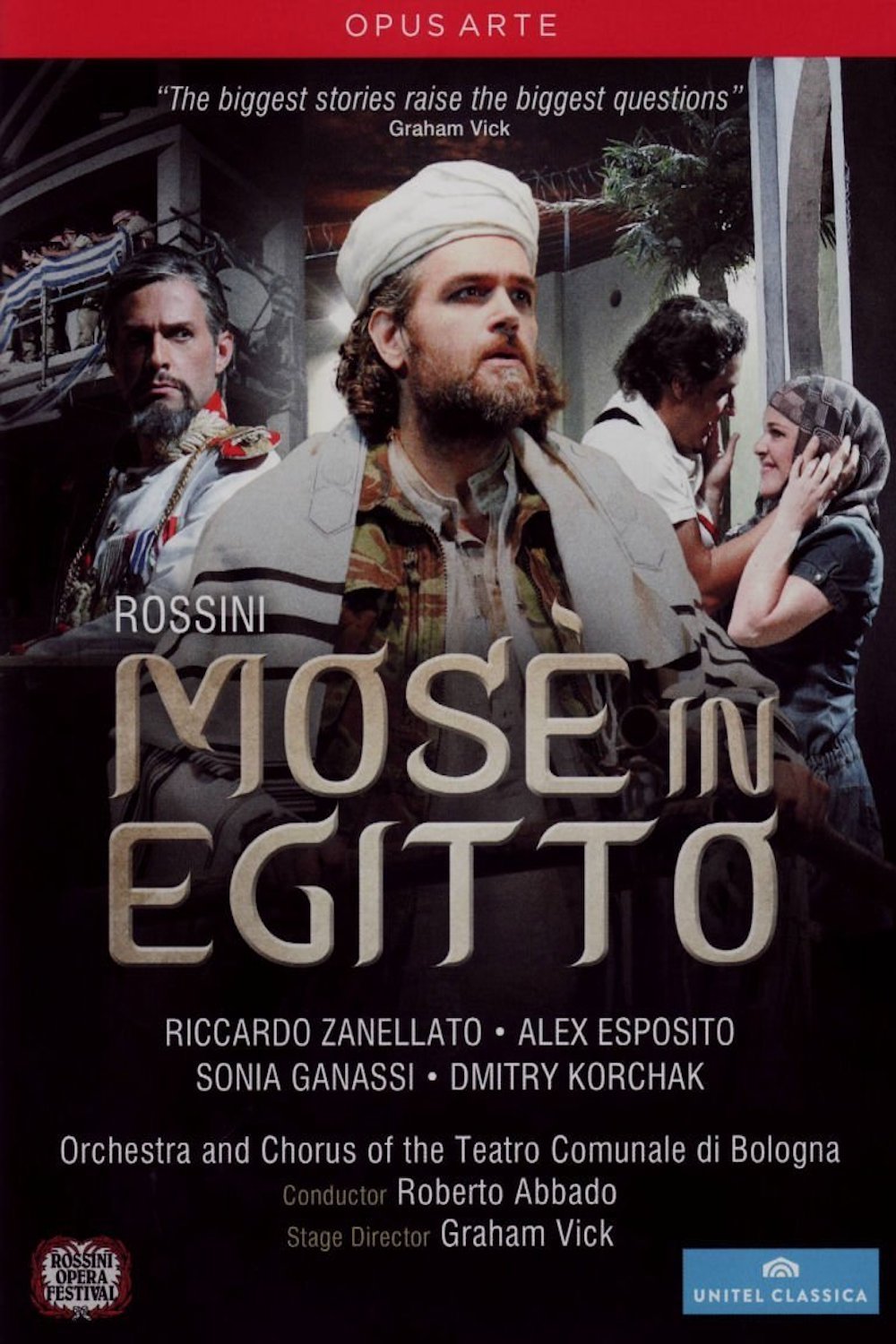
This thought-provoking, modern-day interpretation of Rossini's 'Mosè in Egitto' sets the scene for superior music-making at the prestigious Rossini Festival in Pesaro. For conductor Roberto Abbado, the transposition of the action to the present day releases the energy of Rossini's music. At his disposal is a cast of top-quality vocalists such as the “refined bel canto artist(Bresciaoggi) Sonia Ganassi as Elcia, and the “outstanding” Dmitry Korchak as the Pharaoh's son, two lovers fatefully drawn into the political turmoil and catastrophes of their time. Also among the protagonists are the “thoroughly brilliant” (DeutschlandRadio Kultur) baritone Alex Esposito as Faraone and, in his Rossini Festival debut, young, full-bodied bass Riccardo Zanellato as Moses. Conductor Roberto Abbado “inspired his musicians to deliver a spectacular performance” (Salzburger Nachrichten).
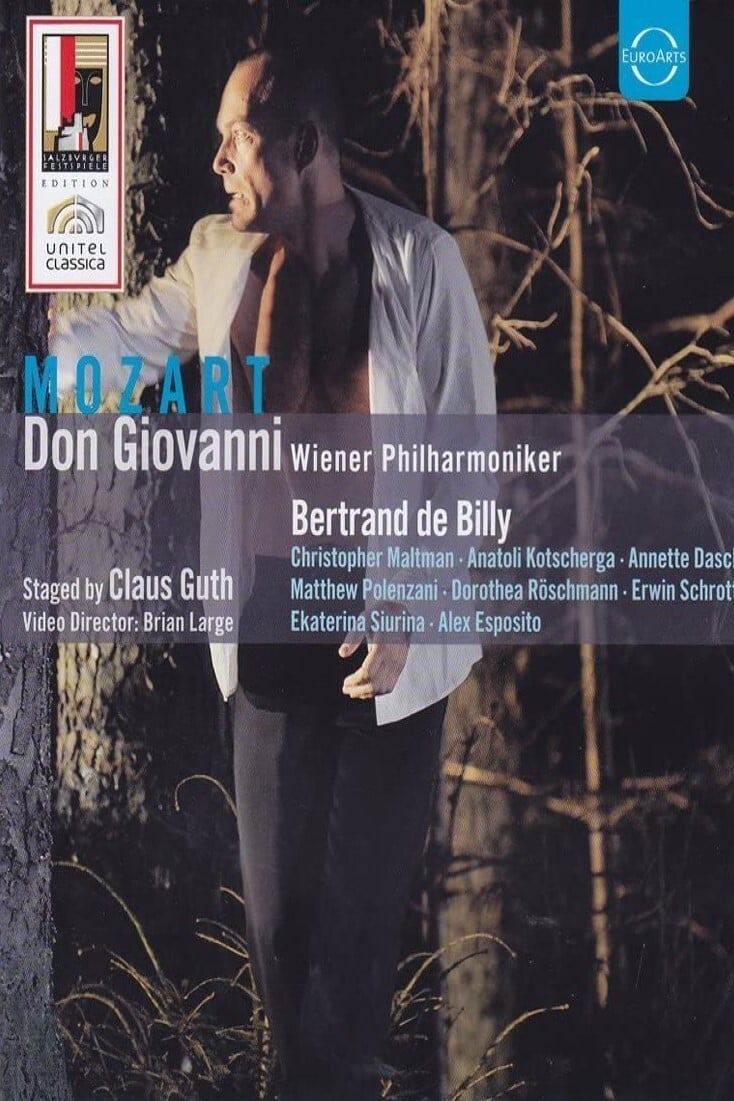
A striking interpretation of Mozart's opera that became a sensation at the 2008 Salzburg Festival. This is not only a rethinking of the place and time of the opera, but also a deep disclosure of the characters' characters, their ambiguous inner world. A simple, at first glance, plot is turned by the creators of the play into a dynamic psychological thriller.
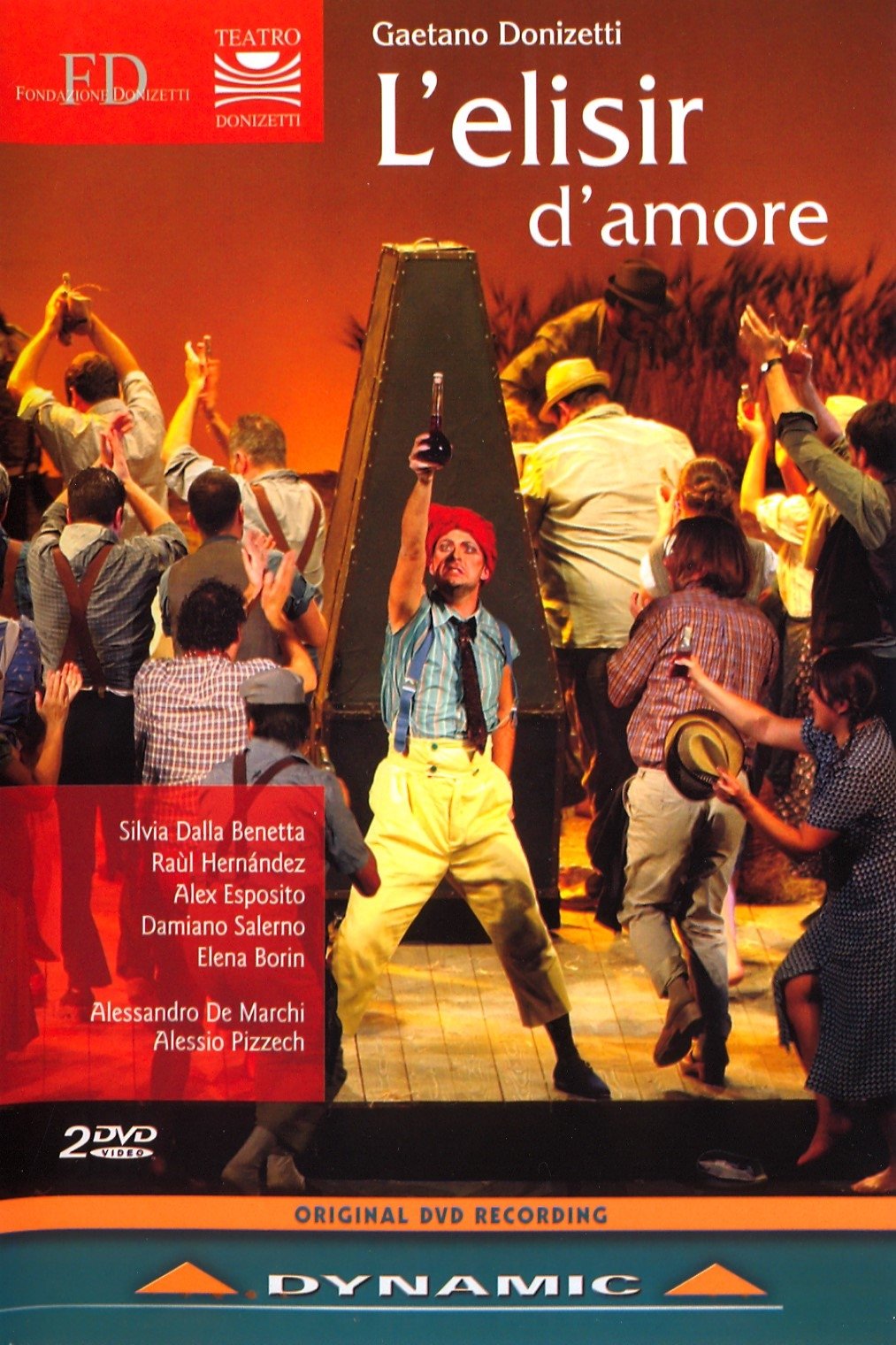
This new Dynamic opera was performed in Donizetti's native city of Bergamo, during the most important world festival dedicated to the Italian composer. The opera is set in a rural environment and the action takes place in a country farm. It is a brilliant comedy with many points of contact with semi-serious operas. The choice of this subject must have been strongly influenced by the successes of Vincenzo Bellini's La Sonnambula. The music is folksy and the melodic writing frank and straightforward with a broad variety of passages of high technical content and more elegiac in character; such is the case of the most famous piece in the whole opera, the aria "Una furtiva lagrima", which is also the leitmotiv of the soundtrack of the 2005 film Match Point, directed by Woody Allen.
By browsing this website, you accept our cookies policy.